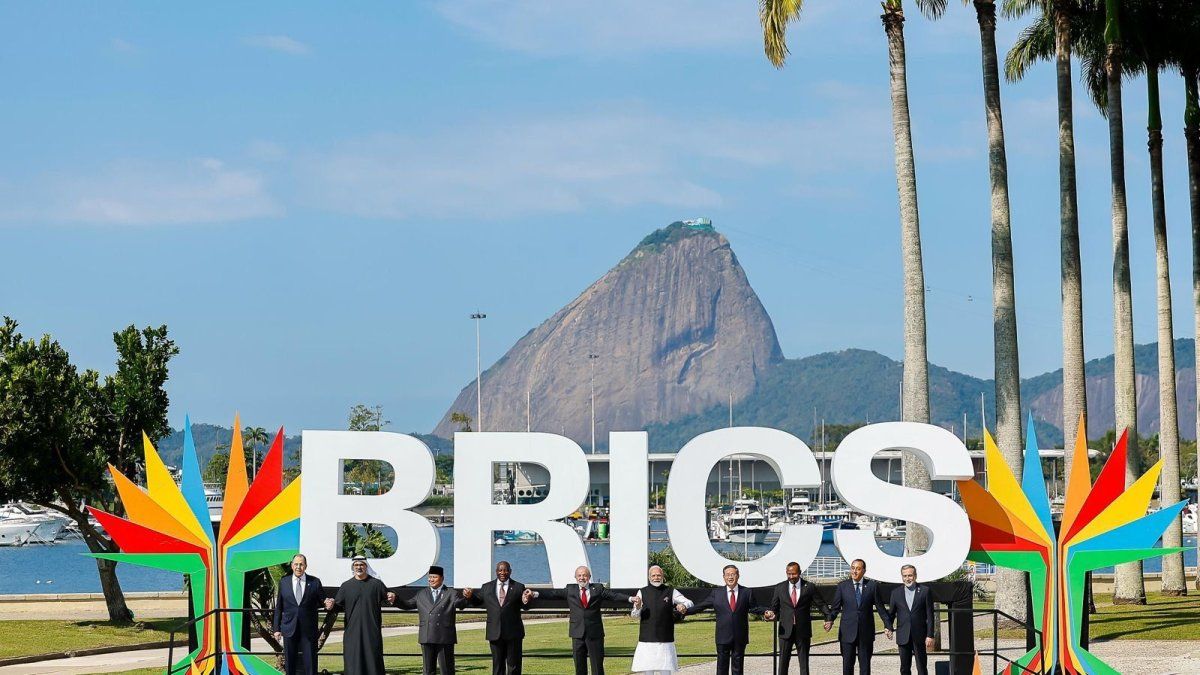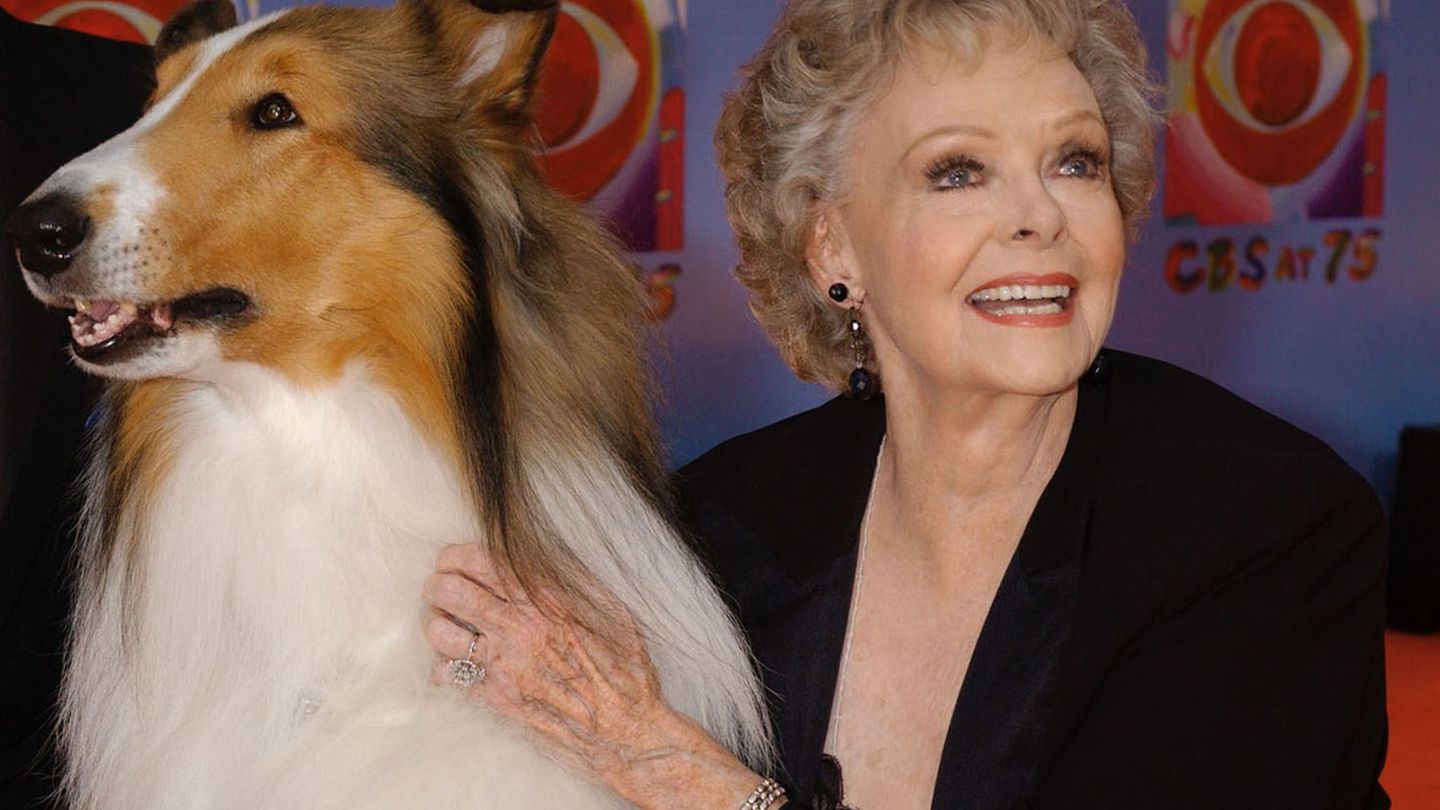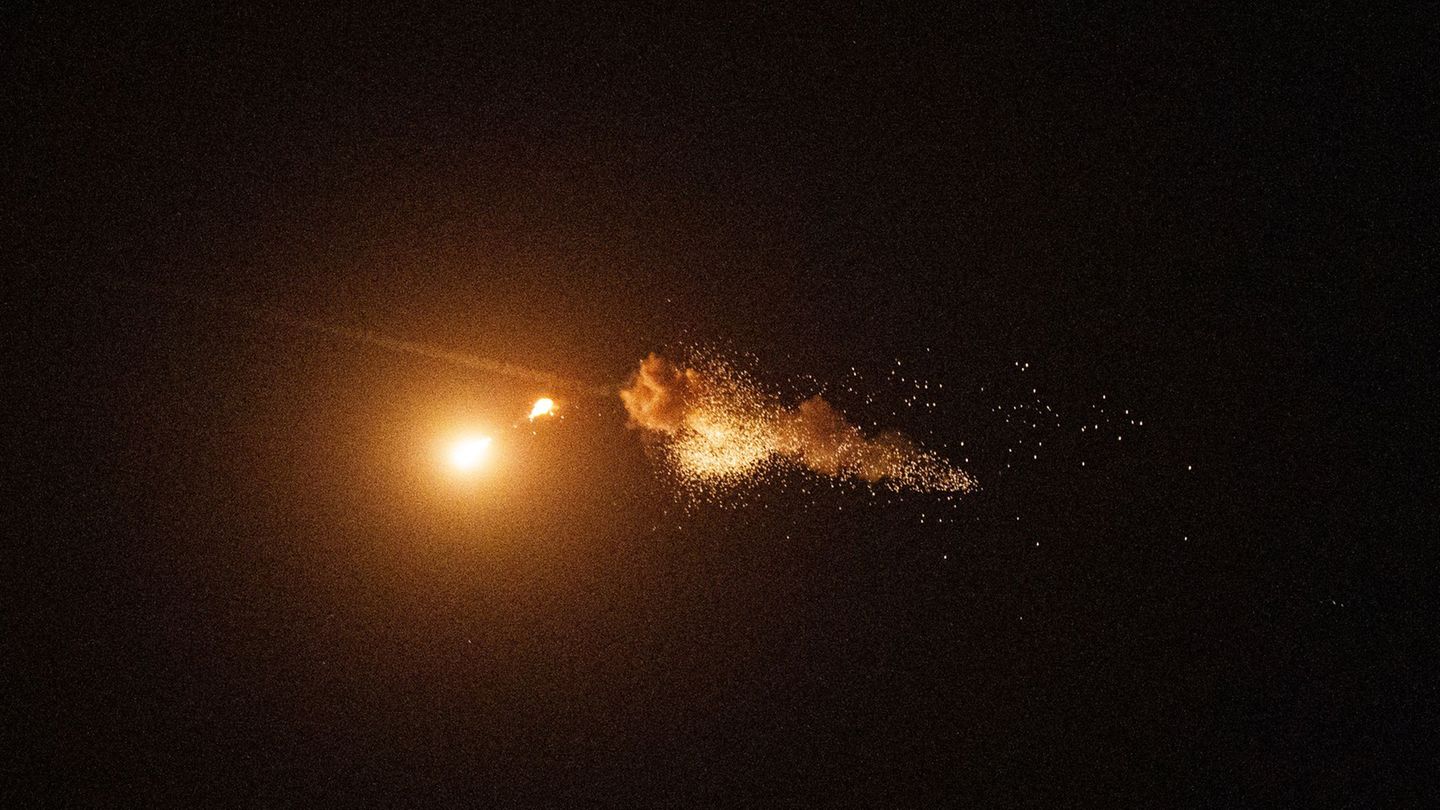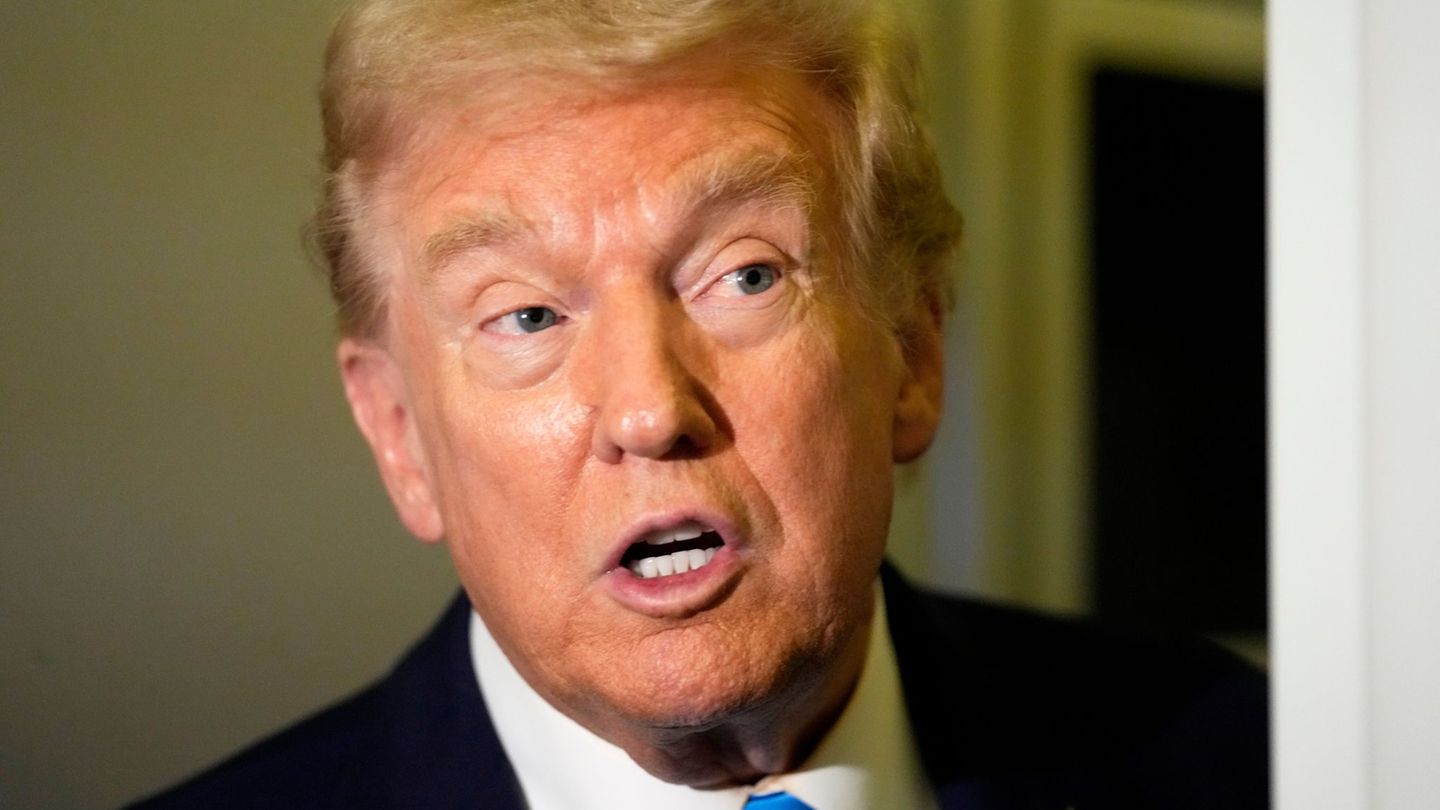The BRICS began this Sunday in Rio de Janeiro their first summit since the forum was extended to eleven members, amid the tensions generated by the commercial war unleashed by the president of the United States, Donald Trump, and for the conflicts in the Middle East and Ukraine.
The annual appointment of the forum in Rio, which brings together the heads of state of 14 countries, including members, associated and invited, started marked by the Absences of China and Russia leaders, Xi Jinping and Vladimir Putin, the two greatest powers of the group, and other full partners, such as Egypt and Iran.
The meeting began only three days after concluding the deadline set by Trump to reach trade agreements with interested countries before a historical elevation of tariffs to place products in the largest world economy. In the specific case of the BRICS, Trump also He threatened to impose additional tariffs of 100 % if emerging economies take measures that question the hegemony of the dollar in international trade.
In previous meetings, the ministers criticized protectionism and the imposition of unilateral rates “inconsistent with the WTO rules (World Trade Organization)” and defended multilateralism, but Without directly citing the new American policy, something that is also expected in the final declaration of the appointment of leaders.
As for its position on war conflicts, in which there are internal differences, for now they left it outside any ministerial statement.
Brazil drives a global financial reform from the BRICs
During his speech before the New Development Bank, the president of Brazil, Luiz Inacio Lula da Silva, proposed to discuss the creation of a Alternative commercial currency and new financing strategies for the countries of the Global South. He stressed the urgency of advancing in these initiatives to prevent the 21st century from repeating the structural and economic inequalities that marked the twentieth century.
Lula urged the bank to act as a platform to boost a Development model fairer to the advancement of protectionism, unilateralism and the climatic crisis that affect with special force to emerging economies. “Our bank is not just a financial tool for developing countries; it is proof that a new financial architecture is possible,” he said.
BRICS 2023 2.WEBP
The BRICs continue to promote a change in the global financial system
Towards a financial autonomy of the BRICS
Along the same lines, Russia’s Minister of Finance, Anton Silouanov, He reaffirmed that the priority of the block is to build an autonomous financial architecture that allows the BRICS to disconnect from Western structures. In particular, he proposed to advance in the use of national currencies and digital assets to reduce dependence on the Swift system.
“An independent system based on digital instruments is key to the commercial development of the BRICs,” said Silouanov. In that direction, he also advocated creating a network of cross -border payments designed to overcome restrictions imposed by Western powers.
This system would allow to strengthen trade between the blocks of the block, eventually including the use of cryptocurrencies such as Bitcoin, always subject to the regulatory frameworks of each nation.
The Russian proposal is part of a broader strategy that seeks to consolidate a multipolar financial structure, in which BRICS can operate with greater autonomy, especially after sanctions imposed on Moscow. The creation of a multimoned or decentralized system has thus become a strategic priority for the group.
Criticism of NATO
The president of Brazil, Luiz Inacio Lula da Silva, also criticized the increase in military spending recently signed by the 32 members of NATO, up to 5% of GDP.
“NATO’s recent decision feeds an arms race. It is easier to allocate 5 percent of GDP to military expenses than to assign the 0.7 promised for official development help,” said Lula da Silva.
“That shows that resources to apply the 2030 agenda exist, but are not available due to lack of political priority. It is always easier to invest in war than in peace,” he added.
The final text already agreed and filtered by Brazilian means, barely mentions the war in Ukraine, but the host has referred to the conflict. “It is urgent that the parties involved in the Ukraine War deepen the direct dialogue with a view to a high fire and lasting peace. The group of friends for peace, created by China and Brazil and that has the countries of the Global South, tries to identify possible ways for the end of hostilities, “said Lula.
The final document also makes a defense of multilateralism and the resolution of conflicts by diplomatic means and criticizes the Israeli military offensive in the Gaza Strip, which Lula has returned to describe as “genocide.”
“Nothing justifies the terrorist actions committed by Hamas, but it is not possible to remain indifferent to the geocide practiced by Israel in Gaza” with an “indiscriminate slaughter of innocent civilians and the use of hunger as a weapon of war,” he said.
Source: Ambito




